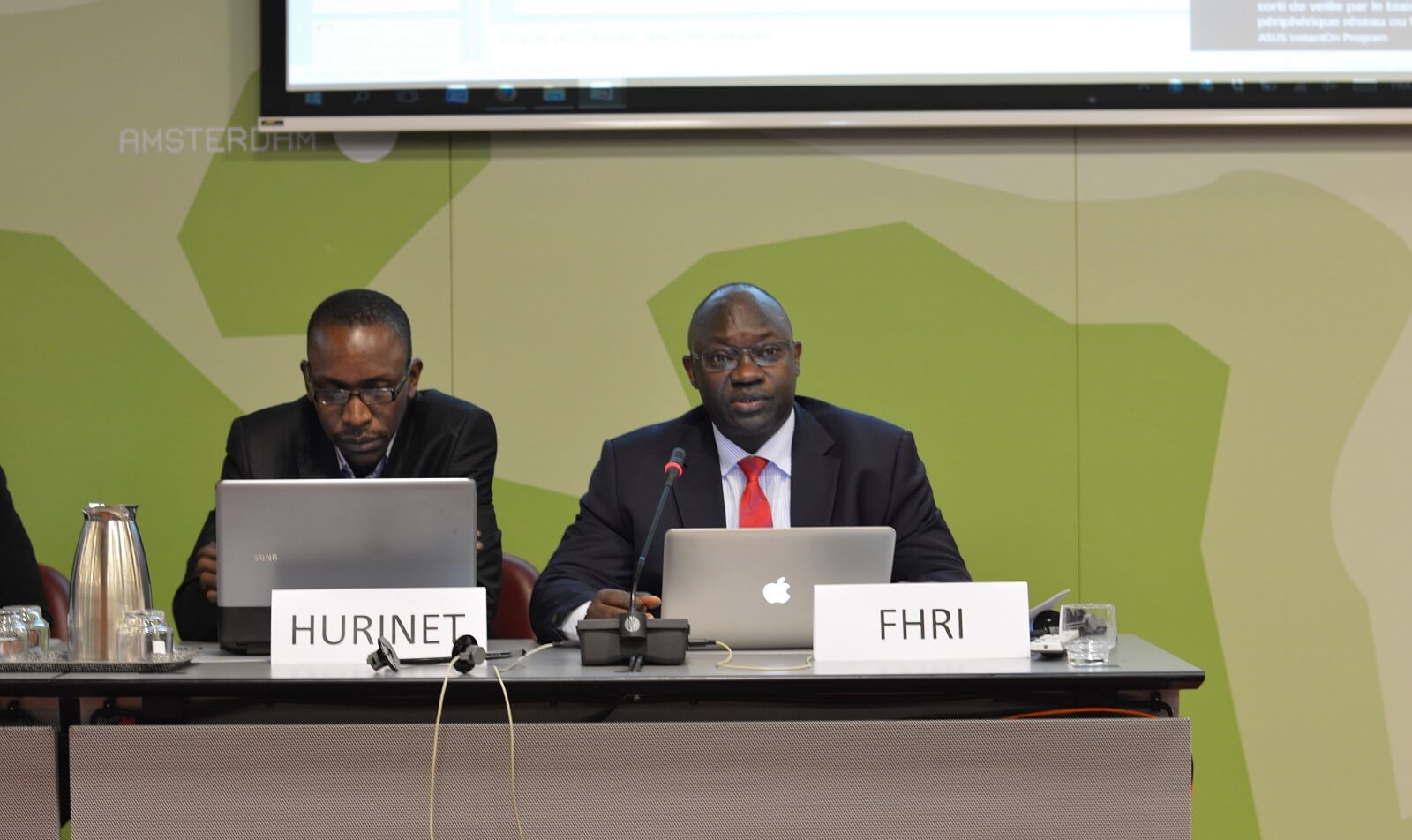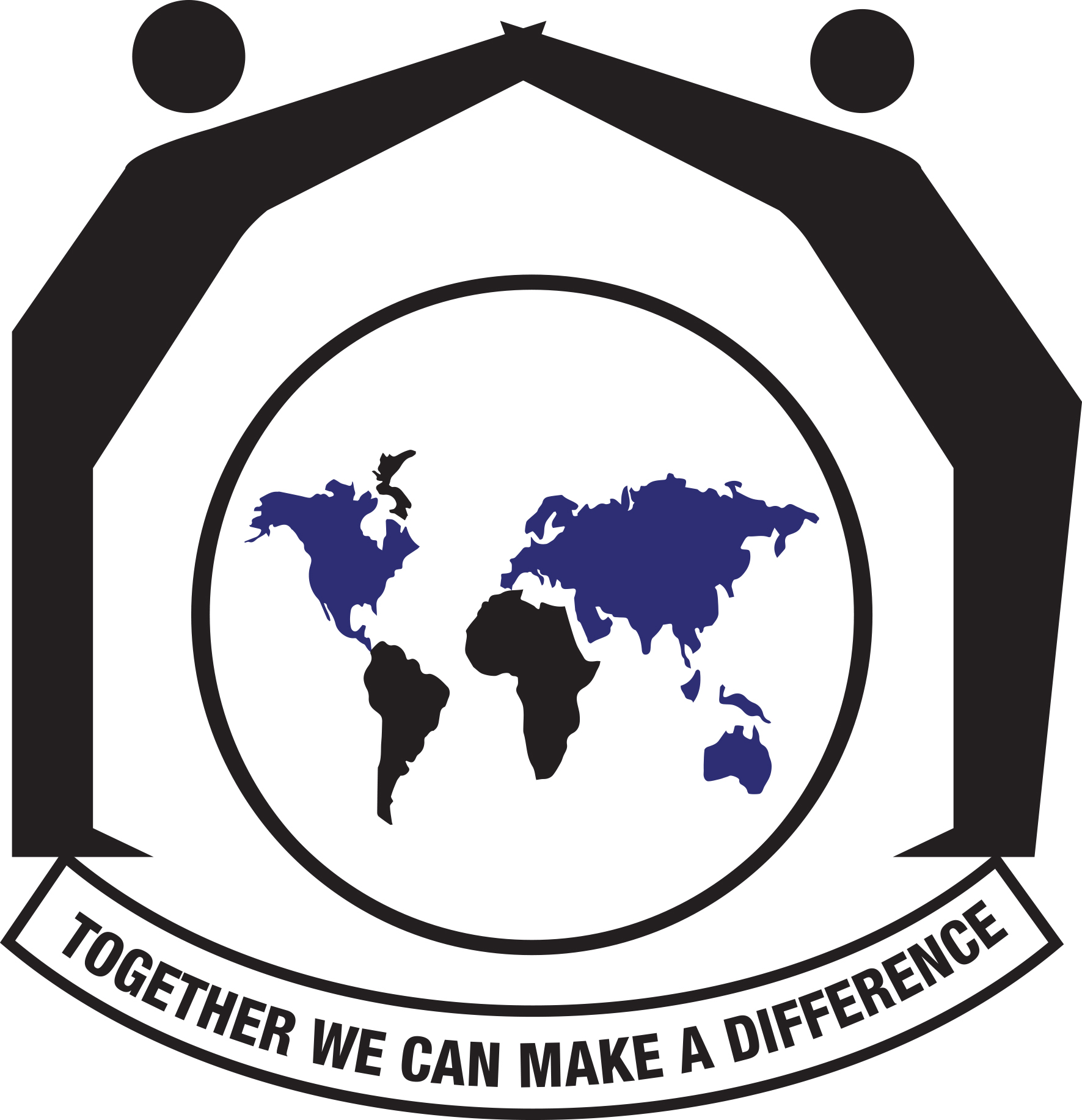
Objective:
To promote dialogue on government compliance with regional and international human rights commitments.
Uganda has adopted and ratified most of the relevant international human rights treaties. However, there are still several important instruments that have not been signed or ratified which influence the protection and promotion of human rights. The challenge of domestication and meeting multiple reporting obligations is clear. Dissemination of concluding observations, and effective follow-up and implementation of recommendations of treaty bodies remains a challenge.
For a long time, FHRI’s treaty-reporting function has ensured that the state practices are monitored and a dialogue with treaty-monitoring bodies is supported. Finally, in holding the government accountable for her regional and international commitments and obligations under the various human rights instruments Uganda is a party to, FHRI strengthens advocacy and follow-up with human rights mechanisms in this ninth strategic plan under Defence the Right to Personal Liberty campaign.
FHRI produces alternative reports regarding the following instruments: African Charter on Human and Peoples’ Rights (ACHPR), International Covenant on Civil and Political Rights (ICCPR), the International Covenant on Economic Social and Cultural Rights (ICESCR), the Convention Against Torture (UNCAT), and the UN Human Rights Council – Universal Periodic Review mechanism. Where state party reporting is long overdue, or where the report deadline has passed, FHRI continues to encourage the government to meet reporting obligations and raise awareness of the state’s obligation to submit the same.
FHRI works with local and international partners like International Federation for Human Rights (FIDH), CIVICUS, World Coalition Against the Death Penalty and East and Horn of Africa Human Rights Defenders Network to produce these reports. With our efforts, we also support other actors like UCRNN, UWONET, National Coalition of Human Rights Defenders Uganda, CENESA, NUDIPU, Uganda Reach the Aged Association, and Uganda Youth Network to submit reports under other treaty bodies like the Committee on Elimination of Discrimination against Women, Committee on the Rights of the Child, and Committee on the Rights of Persons with Disabilities.
FHRI, together with other actors, encourages ratification and domestication of the:
- Optional Protocol to the International Covenant on Economic Social and Cultural Rights allowing individual complaints;
- The 1st and 2nd Optional Protocol to the ICCPR, which allows individual complaints and abolition of the death penalty; Optional Protocol to the UNCAT, which allows for independent monitors, encourages the government to deposit an instrument of declaration under Article 34 (6) of the Protocol to the ACHPR on the establishment of the African Court on Human and Peoples’ Rights which allows individual and NGO access to the Court and the domestication of the UN Convention Against Torture through the enactment of an Anti- Torture Law.
FHRI takes part in regular sessions of the Human Rights Council, the African Commission on Human and Peoples’ Rights, the African Union, the African Court on Human and Peoples’ Rights, the East African Community, and the International Conference of the Great Lakes Region framework. During the 2nd cycle of the Universal Periodic Review (UPR), ten of FHRI’s proposed recommendations were taken up out of which six were accepted by the government, creating additional commitments and opportunities for FHRI to tap into, and follow up at the national level for effective implementation.
Based on lessons learned from this UPR engagement, FHRI intensified advocacy with diplomatic representation in Kampala and Geneva towards the 3rd cycle of Uganda’s UPR, during which period FHRI was able to release three (3) reports with different partners in Uganda, South Africa and France namely the National Coalition for Human Rights Defenders Uganda (NCHRD-U) Chapter Four, African Centre for Treatment and Rehabilitation of Torture Victims on the first report, CIVICUS, African Institute for Investigative Journalism, Justice Access Point on the second report and Franciscans International on the third report respectively. In these reports, FHRI was able to focus on the rights of freedom of expression, association and assembly, right to liberty and security of person, issues concerning torture, journalists, human rights defenders and civil society organizations. FHRI and her partners put emphasis on recommendations on:- stopping the practice of arbitrary arrest, detaining, and persecuting human rights defenders (HRD) in response to their human rights activities, ensuring that Civil Society Organizations and HRDs can operate in a safe environment and that all allegations of intimidation, harassment and violence are fully investigated, thoroughly investigate threats, torture and other inhumane and degrading treatment committed against people, media houses and bring to justice those responsible and guarantee reparations to the victims and take measures to guarantee the right to peaceful assembly and avoid abuses in police activities and if such abuses occur, ensure that they do not go unpunished. FHRI utilised her position as co-chair of the Civil and Political Rights Cluster for collective action towards implementation of the recommendations throughout the 8th Strategic plan. FHRI will continue with submission of shadow reports to the 6th and 7th country reports to the ACHPR, and participate in the drafting of the 6th and 7th country reports to the ACHPR.
In doing so, FHRI aims to improve the human rights responsiveness of the legal and constitutional framework in Uganda.
